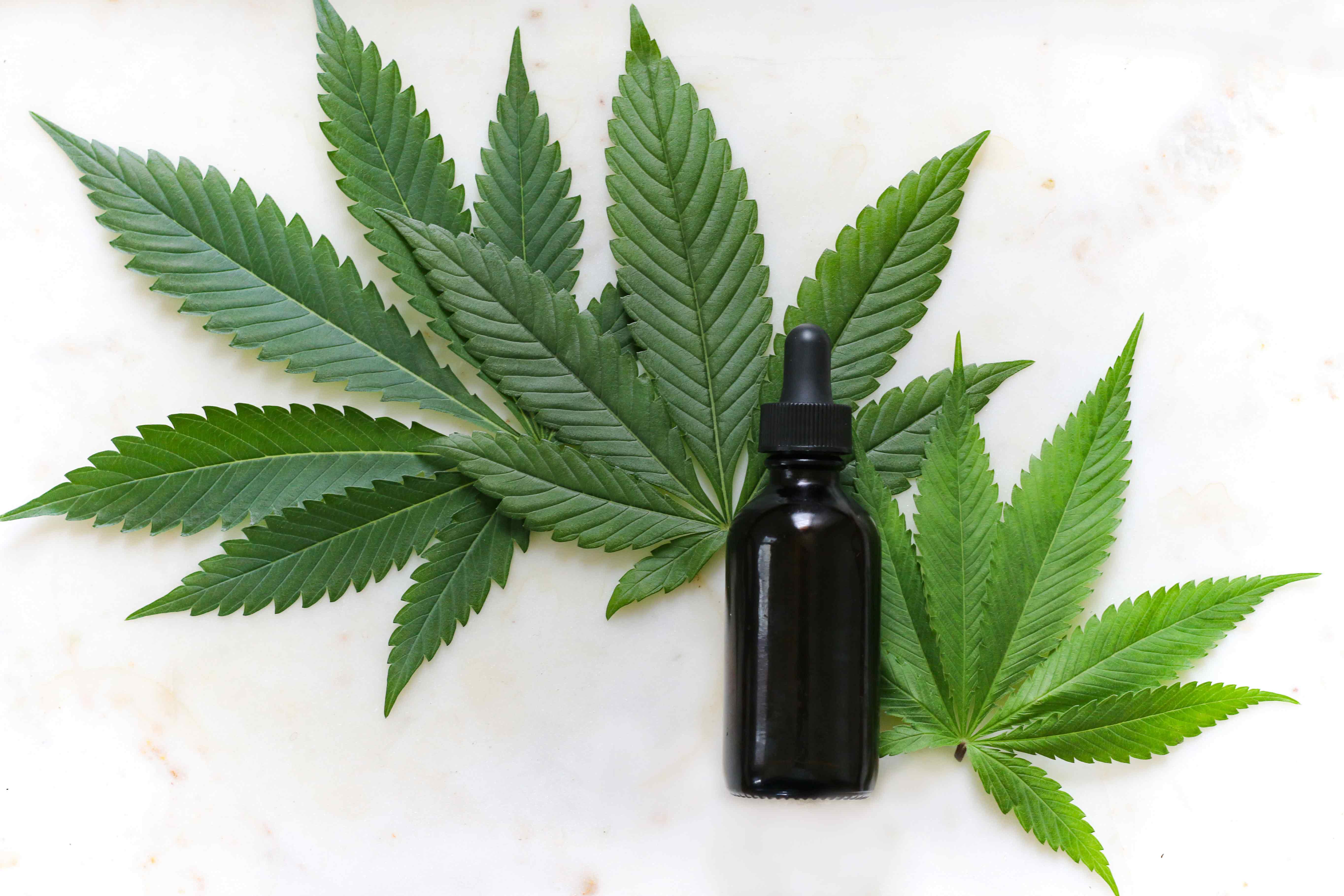- Demands gov’t to withdraw cancellation of exemption letter
- Taxpayers may pay heavily for PS decision
LAWRENCE SERETSE & LETLHOGILE MPUANG
Fresh Standard Pty (Ltd), a company owned by the wealthy De Beer family, has slapped the government with a notice to sue for what it deems unlawful withdrawal of its exemption to cultivate industrial hemp (cannabis sativa) in Botswana for medical and industrial purposes.
Benny de Beer, fourth generation descendant of the diamantaire De Beer family whom the diamond mines are named after, has sought the court’s intervention in what he claims as loss of business worth over USD$100 000 000 due to the government’s mishandling of the Cannabis matter, court documents that The Botswana Gazette is in possession of reveal.
The latest of letters written to the Attorney General dated 13 August 2019 shows that the company has decided to take the matter up with the High Court after failing to reach a common understanding with the Ministry of Agriculture Development and Food Security. Fresh Standard, through its attorney Charles McErick of McErick Attorneys, are arguing that the company’s exemption to cultivate industrial hemp was issued on 18 October 2018 but was unprocedurally withdrawn after which the company was raided by the Drug and Narcotics Squad in Kangwe Farms on 7 May 2019.
The farm belongs to then Minister of Agriculture, Patrick Ralotsia, who was subsequently fired by President Mokgweetsi Masisi without giving reasons.
“On 18th October 2018, the PS (Permanent Secretary) signed an official letter in which he communicated in writing the decision of the Minister in terms of Section 28 of the Plant Protection Act [Chapter 35:02] (‘the PPA’) to exempt our client from the provisions of the PPA in respect of its proposal to grow, process and produce products from Cannabis Sativa and hemp dominant strands for medical and industrial purposes in Botswana. The exemption letter is signed by the PS Jimmy Opelo. That, as you are aware, is the normal manner in which the Minister’s decisions are communicated. The exemption letter is accordingly the communication of the Minister’s decision in writing,” states the De Beer’s lawyers.
The ministry, through the PS Opelo, had told De Beer and his partner Nametso Ntsosa Carr that government was happy to support the Cannabis hemp proposal. “We are hereby delighted to inform you that your proposal for the cultivation of hemp has been embraced in our Ministry as per your proposal. We support the initiative by Fresh Standard that you have a target of planting 10 000 hectares of land with industrial hemp in the next few years,” the PS repeatedly wrote in three different letters in 2018.
Prior to the approval of the various exemption letters, papers in this publication’s possession point out that the company further sought support from the police where in their response dated 10 September 2018 wrote: “Kindly be informed that we are unable to support your project as the Botswana Police Service is not responsible for agriculture production nor the regulation of the industry. However, we wish you success in your efforts to participate in the development of the country,” reads the letter from Police Commissioner’s office.
The company states that it was only then that towards the end of December 2018 it commenced the cultivation with the erection of two tunnels and the planting of 30 cannabis seeds (sativa). The cost of the acquisition of the seeds, erection of the greenhouse tunnels, utilities, logistics and staff salaries is said to exceed BWP5 000 00. It is recorded within the filings that Fresh Standard had also signed a five-year off-take agreement with a third party in terms of which they were to supply 5000 litres of CBD oil per month at a price of USD3 000 per litre from Cannabidiol (CBD) originating from Botswana.
“On or about 7 May 2019, representatives of the Narcotics Squad of the police attended at the farm, uprooted the plants which they placed in bags, and removed the plants from the farm. Our client then made enquiries as to the reasons for the raid. Our client emphasised that the Minister had granted it an exemption. On or about 22 May 2019, our client obtained a copy of a letter dated 29th March 2019. The 29 March letter is a letter from the Ministry, signed by the PS in the letter, the PS purported to advise our client to set aside the earlier correspondence (the exemption letter) on the basis that the letters are not consistent with the provisions of the legal requirement captured above.”
“lt is our client’s case that the 29 March letter is unlawful insofar as it purports to withdraw the exemption granted to our client. Without derogating from the generality of the afore-going: lt is only the Minister that can withdraw consent. lt is not clear from the 29 March letter whether the Minister or the PS decided to withdraw the consent,” further reads the legal papers.
De Beer’s attorneys are also of the view that even if the Minister (who was dismissed by then) was entitled to withdraw the exemption, their clients were entitled to be notified that the Minister was considering withdrawing the exemption, the reasons for the proposed withdrawal and to be afforded a hearing prior to such withdrawal as a principle of fairness and natural justice.
De Beers suggests that his company stands a risk of suffering substantial damages in excess of USD100 000 000 (over P1 billion) which it will demand from the state should the ministry not change its position on its exemption letter and withdraw immediately.
“The longer you take to rectify the matter, the more our client’s damages will increase and our client intends claiming same from the Botswana Government,” De Beers lawyer, McErick wrote to the PS in June.




